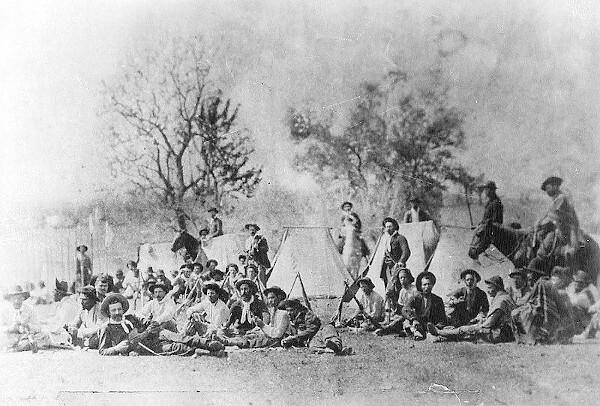The inversion of caregiver roles – of parents – towards their children is well known as parentification. This is a term coined by the psychiatrist Ivan Boszormenyi-Nagy that is often mentioned in the area of psychology. The result of this situation can have negative consequences for the child in the future. Therefore, it is very important that you know how to identify signs that parentification has occurred or is occurring.
Read more: The need to please people can be a childhood trauma
see more
Research reveals that teenage brains are 'wired' to…
4 cleaning habits you need to break to be happier
But what is parentification?
It occurs when the child is forced to play the role of an adult in the household. It turns out that many young people are thrust into the role of caring for younger siblings or refereeing their parents' fights.
Children are placed in developmentally inappropriate situations when true caregivers are unable to act appropriately and assume their roles as parents and caregivers.
When does this situation happen?
Parentification occurs at scale and can result in varying degrees of long-term harm to children. On the other hand, there are also qualities that come from this parenting that can benefit you in certain areas of your life. A certain level of experience with parenting can make you a responsible person or a good caregiver in the future.
In fact, that's not to say that this is all bad, but it has great potential to be disastrous for children and the adults they will become. In this way, it is essential that we can find the balance between responsibility and fun for these little ones.
Signs You Were Parenting As a Child
When young people go through this in childhood, they often find themselves needing to work with their inner child when they are older. That is, as adults. They usually go out of their way to have fun and are easily drawn into the responsible role. So, here are some signs that this has happened to you.
- He grew up feeling that he had to be “in charge” of everything;
- Likes to feel in control;
- Is drawn into arguments or problems between parents or caregivers;
- Felt that he was given responsibilities that were not appropriate for someone his age;
- Sometimes you feel that being self-sufficient is better than relying on others;
- He has no memory of “being a child”, that is, of doing childish things;
- Most of the time, you become a caregiver for others;
- Thinks that being a caregiver is good, even when you sacrifice parts of yourself;
- Have a greater sense of empathy and an increased ability to connect intimately with people;
- Feels like he needs to be the peacemaker;
- You feel that your efforts are not appreciated.


